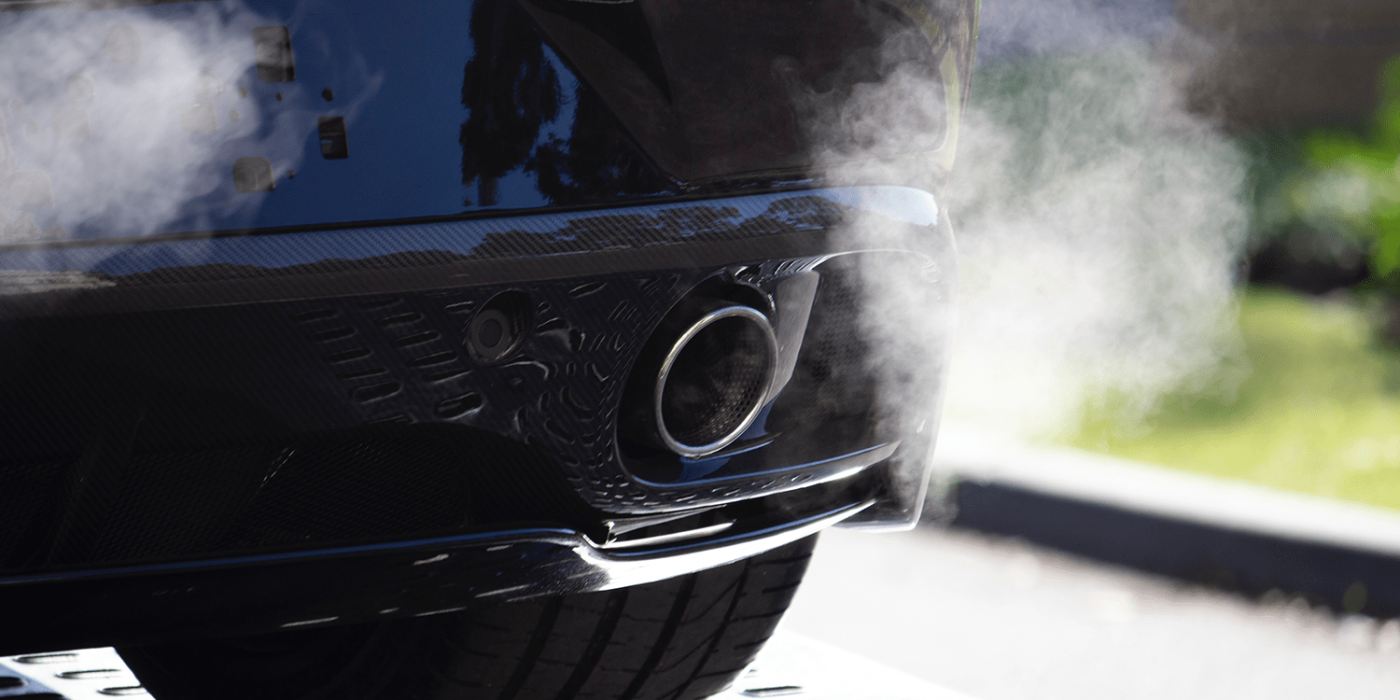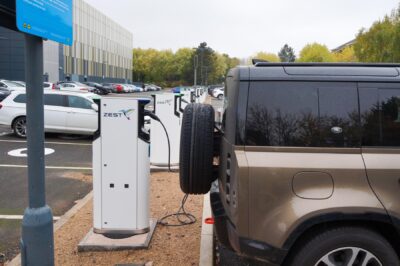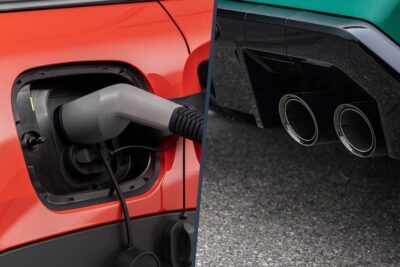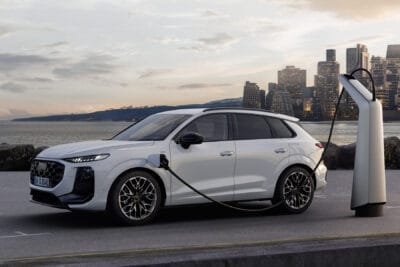ICCT: Combustion engine scrappage programme could save Germany’s CO2 targets in the transport sector
The fact that Germany has a problem with its CO2 sector targets in the transport sector is nothing new. In 2023, the transport sector emitted 13 million tonnes of CO2 above the target. And without drastic measures, this gap could increase to 34 million tonnes of CO2 equivalents (CO2e) by 2030, writes the ICCT.
Against this backdrop, the ICCT has examined one possible measure, a (politically and socially controversial) scrappage programme for old, inefficient diesel and petrol vehicles. However, the result is clear: it could save up to eleven million tonnes of CO2e, i.e. around a third of the resulting gap could be closed with just one measure.
The ICCT criteria provide for diesel vehicles that are at least 15 years old and petrol vehicles that are at least 25 years old to be phased out in return for a sum of money from the state. “Participating vehicle owners would be compensated for 80% of the residual value of their vehicles,” says the ICCT. That would be between 2,000 and 6,000 euros for diesel cars and between 2,000 and 3,000 euros for petrol cars, staggered according to age. With such a programme and the decommissioning of eight million cars – seven million diesel and one million petrol cars – up to eleven million tonnes of CO2e could be saved.


The ICCT also expects a reduction in air pollutants and, therefore, “major health benefits” such as fewer premature deaths from cardiovascular and lung diseases. The “overall societal benefits,” as the ICCT describes them, would primarily be realised when decommissioning old diesel vehicles, as these generally have higher pollutant emissions.
“Germany has 49 million gasoline and diesel vehicles on the road that are putting its climate goals at risk. While different strategies come with varying costs and benefits,” says Kyle Morrison, ICCT Researcher and lead author of the study. “Our study examines these options and presents a cost-effective scrappage program that maximises societal health benefits.”
Cost-effectiveness is the key reason why the ICCT favours the scrappage programme. For the study, Morrison’s scientists also considered e-fuels as a much-discussed alternative to reduce CO2e emissions. To save one tonne of CO2 equivalents, the e-fuel production costs estimated by the ICCT will be 910 euros per tonne in 2030 if the fuel is produced in Germany – with imported e-fuels, the figure is still 619 euros per tonne. And the total emissions reduction potential is only 190,000 tonnes, not the eleven million tonnes of the scrappage premium.
In the ICCT calculation, the costs are at a significantly lower level: for each tonne of CO2e avoided, diesel vehicles cost 313 euros, while the figure for petrol vehicles is 255 euros per tonne. That does not take into account the health benefits described above. “If the health benefits were also considered, the abatement costs per vehicle scrapped would be negative, as the program has positive net benefits,” says the ICCT.
“E-fuel production costs are price prohibitive and importing them from other regions outside of Germany would, even in 2030, likely be up to three times more expensive than a voluntary scrappage scheme, even before considering the health benefits of a scrappage scheme. Relying on e-fuels also moves us away from our goal of reducing air pollution and safeguarding public health,” explains Dr Peter Mock, Managing Director at ICCT Europe.
Whether Germany will introduce such a scrappage scheme is, of course, an open question. The ICCT sees possible hurdles in “state funding and uncertainty regarding owners’ voluntary participation.” In many places, people are simply dependent on their cars as there are no transport alternatives – and even with the maximum premium of 6,000 euros, one could not buy a suitable electric car. The ICCT thus also recommends introducing a speed limit and increased support for local transport.
theicct.org (press release), theicct.com (analysis)





0 Comments